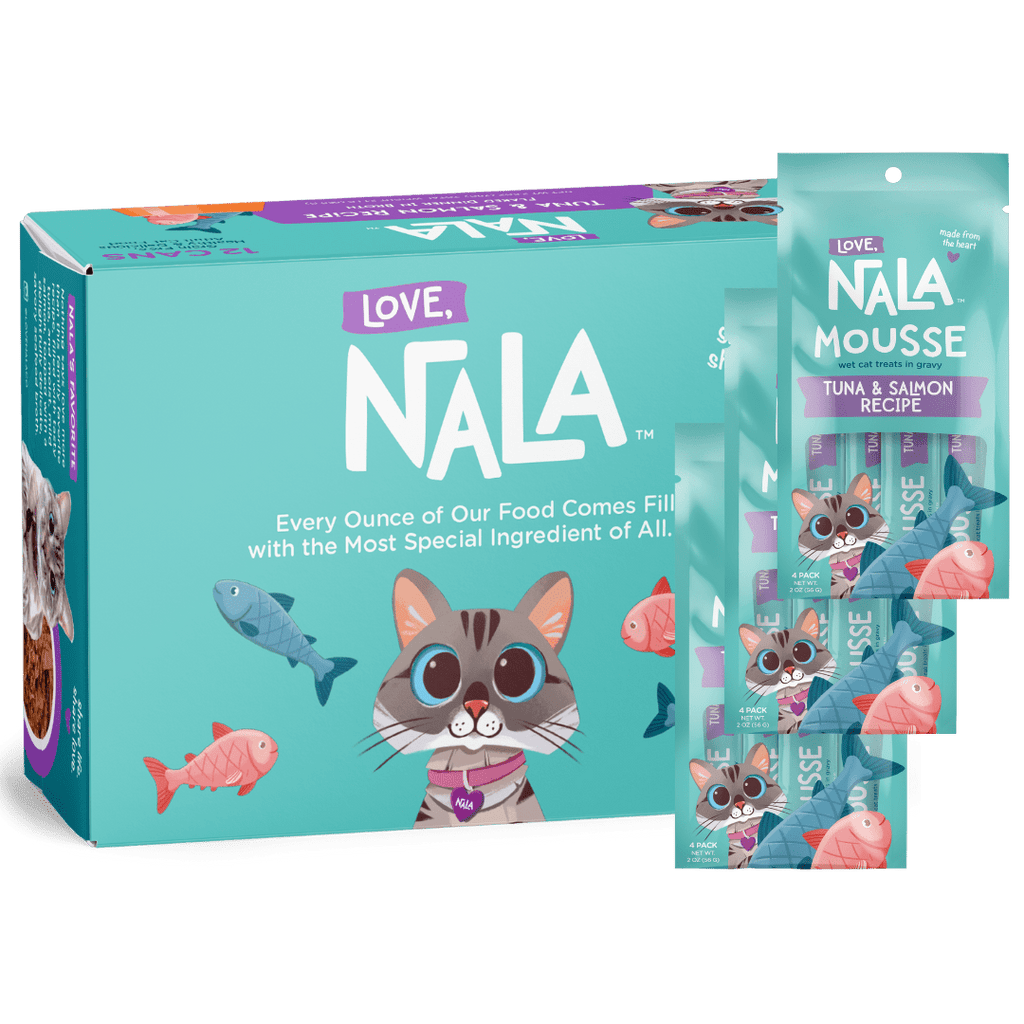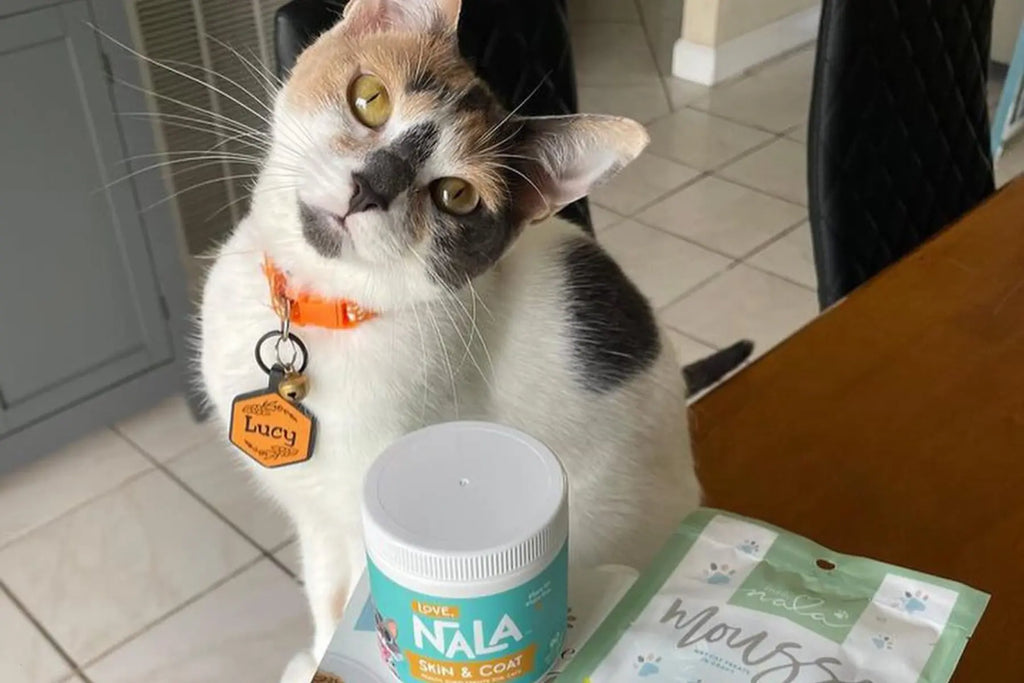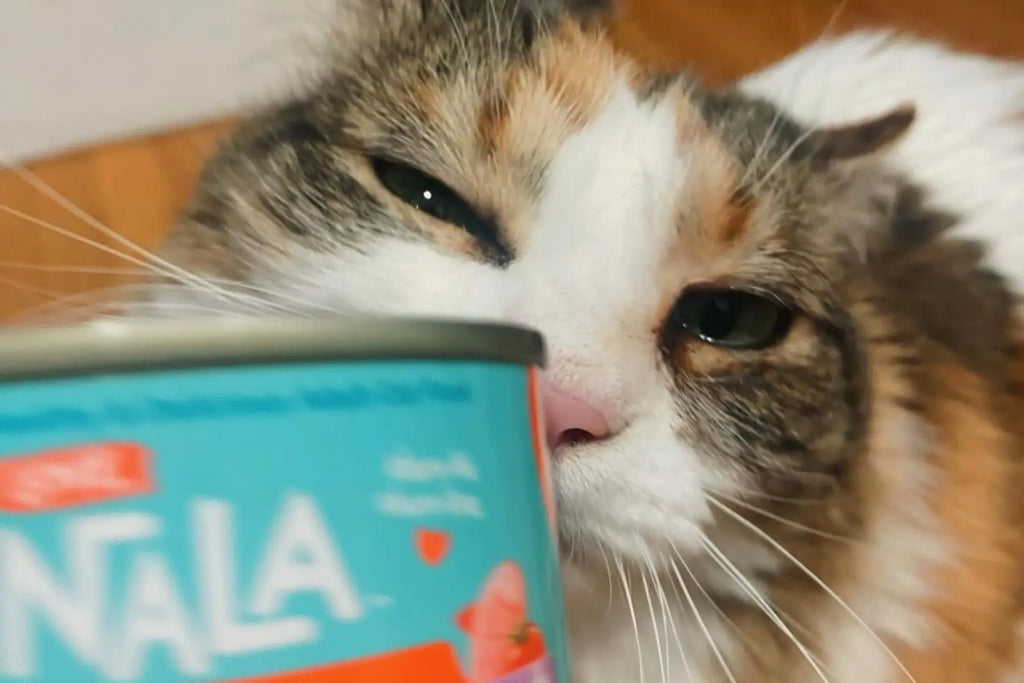Understanding the unique nutritional landscape of cats is essential for any pet owner striving to provide the best care for their feline friends. Cats have specific dietary needs that differ significantly from other pets, such as dogs. These needs stem from their evolution as obligate carnivores, requiring a diet rich in proteins and certain fats that can only be derived from animal sources. Cat nutrients are a delicate balance that must be met to ensure optimal health, growth, and longevity. This introduction to feline nutrition will guide you through the essential components of a cat's diet, highlighting why each nutrient is vital for your cat's well-being.
Essential Proteins and Their Sources
Importance of High-Quality Protein
High-quality protein is crucial in a cat's diet because it provides all the essential amino acids necessary for good health. Cats cannot synthesize these amino acids on their own and must obtain them from their diet. The quality of protein in cat food nutrients directly impacts a cat's health, affecting everything from muscle maintenance to immune system strength.
Types of Proteins and Best Sources
Different types of proteins offer varying benefits, making it important to incorporate a variety of high-quality sources into their diet. Here's a closer look at some of the best protein sources for cats:
- Chicken: Chicken is a staple in many cat foods for good reason. It's a lean protein source that's rich in essential amino acids necessary for muscle maintenance, immune function, and overall health. Chicken is also highly digestible for most cats, making it a core component of a nutritious diet.
- Fish: Fish, particularly oily types like salmon, are high in omega-3 fatty acids, which are beneficial for skin and coat health. These fatty acids can help reduce inflammation and promote a shiny, healthy coat. Fish is also a good protein source, providing high-quality amino acids along with essential cat vitamins and minerals.
- Beef: Beef is a nutrient-dense protein source that offers a rich supply of iron and B vitamins, which are crucial for energy metabolism and overall vitality. It's also a good source of high-quality protein that helps support muscle development and maintenance.
- Turkey: Turkey is another excellent lean protein source, high in nutrients while being low in fat. It provides essential amino acids and is particularly good for cats who may need to manage their weight without sacrificing protein quality in their diet.

Incorporating these protein sources into your cat's diet can help ensure they receive a balanced blend of nutrients essential for their health. A diet that includes a variety of these proteins can help cater to your cat's nutritional needs, making them excellent choices for a healthy, balanced diet.
Identifying High-Protein Cat Foods
When choosing the best nutrition cat food, look for labels that list real meat, poultry, or fish as the first ingredient. This indicates a high protein content. Additionally, check for a statement of nutritional adequacy that confirms the food meets the specific life stage requirements of your cat, as defined by AAFCO (Association of American Feed Control Officials). This ensures the food not only is rich in protein but also balances other essential nutrients.
Vital Vitamins for Feline Health
The Critical Role of Taurine
Taurine is an essential amino acid for cats, crucial for heart health, vision, and reproduction. Unlike some species, cats cannot synthesize taurine and must obtain it from their diet, making it a vital component of feline nutrition. A taurine deficiency can lead to serious health issues, including dilated cardiomyopathy and blindness, emphasizing the importance of choosing cat food nutrients that are fortified with taurine.
Key Vitamins: A, D, and E
Vitamins are crucial micronutrients that support various bodily functions and maintain the health of cats. Among these, vitamins A, D, and E are particularly important due to their essential roles in vision, bone health, and cellular protection. Here's a detailed look at the significance of each vitamin:
- Vitamin A: This vitamin is vital for maintaining good vision, especially in low-light conditions. It also supports growth, immune function, and skin health, making it an indispensable nutrient for cats. Unlike some animals, cats cannot convert beta-carotene from plant sources into vitamin A. Therefore, they require a direct source of this vitamin, typically found in animal-based ingredients, to meet their nutritional needs effectively.
- Vitamin D: Vitamin D plays a critical role in regulating calcium and phosphorus levels in the body, which are crucial for healthy bone development and maintenance. Cats primarily obtain vitamin D through their diet because their exposure to sunlight is often limited, reducing their capability to synthesize vitamin D through their skin. Ensuring an adequate dietary source of vitamin D is essential for preventing bone disorders and supporting overall skeletal health.
- Vitamin E: Serving as a powerful antioxidant, vitamin E protects the body's cells from oxidative damage. It is also important for immune function and maintaining healthy skin. Given its role in protecting cell membranes and supporting normal physiological functions, vitamin E is a critical component of a cat's diet for both health maintenance and disease prevention.
Ensuring that cats receive an adequate supply of vitamins A, D, and E, among others, is vital for their health and longevity, highlighting the importance of selecting a diet that meets these nutritional requirements.
Reading Labels for Vitamin Content
When selecting cat food, it's important to read the nutritional label to ensure it contains adequate levels of vitamins A, D, and E. Look for foods that list these vitamins among their ingredients and consider foods that carry a statement of nutritional adequacy from a recognized authority like AAFCO.
Minerals and Their Importance
Essential Minerals for Cats
Minerals are inorganic elements that play vital roles in the health and function of a cat's body. They are crucial for various biological processes, including bone formation, nerve function, and the activation of enzymes. Unlike vitamins, minerals are not produced by living things and must be ingested through the diet. For cats, some of the most important minerals include calcium, phosphorus, magnesium, potassium, sodium, chloride, zinc, and iron.

Balancing Calcium and Phosphorus
An optimal ratio of calcium to phosphorus in cat food nutrients is necessary for proper bone growth and maintenance. Too much phosphorus can hinder calcium absorption, leading to bone problems, especially in kittens and senior cats. Cat nutrition requirements generally suggest a calcium-to-phosphorus ratio of about 1.2:1. This balance supports not only bone health but also vital cellular functions.
Fatty Acids for Skin and Coat Health
Omega-3 and Omega-6 Fatty Acids
These fatty acids, which must be obtained from the diet, offer anti-inflammatory benefits, supporting skin health and aiding in the reduction of skin irritations and allergies. Omega-3 fatty acids, found in fish oil and flaxseed, contribute to cognitive function and joint health, while omega-6 fatty acids, present in poultry and vegetable oils, are essential for skin hydration and barrier function.
Sources of Essential Fatty Acids
Fish, such as salmon, mackerel, and sardines, are excellent sources of omega-3 fatty acids, while sunflower, corn, and soybean oils provide omega-6 fatty acids. Many premium cat foods are formulated to include these sources, ensuring that cats receive the right balance of fatty acids for optimal health.
Nutritional Needs Across Life Stages
Cats require different nutrients at various stages of their lives to s
Kittens grow rapidly and require diets rich in protein, calories, and specific vitamins and minerals to support their development. Kitten nutrition focuses on high-energy content to fuel their playful activities and support tissue growth. In contrast, adult cats require a balanced diet that maintains their health without promoting excessive weight gain.
Adjusting Diets for Senior Cats
Senior cats, typically those over seven years old, may face age-related health issues, such as kidney disease or arthritis, necessitating further dietary adjustments. Diets for seniors often include lower calorie levels to match their reduced energy expenditure, increased fiber to support digestive health, and enhanced levels of specific nutrients to support joint health and cognitive function. Selecting a diet tailored to the needs of aging cats can help manage these conditions and maintain quality of life.
Understanding Life Stage Nutrition Labels
Life-stage nutrition labels on cat food provide valuable information to help owners select appropriate diets. These labels, regulated by organizations like AAFCO, indicate whether food is formulated for growth (kittens), maintenance (adults), or all life stages. Understanding these labels allows cat owners to make informed decisions, ensuring their pets receive the best nutrition for cats tailored to their age and health status.

Trends in Cat Nutrition
The Rise of Natural and Organic Cat Foods
In recent years, there's been a significant shift towards natural and organic cat foods. Pet owners are increasingly looking for cat food options that are free from artificial additives, preservatives, and genetically modified organisms (GMOs). The demand for organic cat food, made from ingredients grown without pesticides or synthetic fertilizers, reflects a broader trend towards healthier, more transparent food sources.
Raw vs. Cooked Diets Debate
Proponents of raw diets argue that they more closely mimic a cat's natural diet in the wild, offering nutrient-dense cat food that is high in protein and moisture. Critics, however, raise concerns about the risk of foodborne illnesses and nutritional imbalances. Cooked diets, on the other hand, are seen as safer and more convenient, though some argue they may lack some of the raw diet's enzymatic benefits. The decision between raw and cooked diets often comes down to individual preferences, with a focus on balancing safety, convenience, and nutritional value.
Nutrient-Dense Foods
Innovation in cat food manufacturing has led to the development of nutrient-dense cat food options designed to meet every aspect of cat nutrition requirements. These foods often incorporate novel proteins, superfoods, and supplements to address specific health concerns, such as obesity, urinary tract health, and allergies. The market now offers a wide range of specialized foods, from high-protein, low-carb diets to formulations enriched with probiotics.
The Future of Feline Nutrition
Advances in nutrition science may lead to more customized diet plans that consider an individual cat's genetic makeup, lifestyle, and health status. Sustainability concerns are also prompting the exploration of alternative protein sources, such as insects and lab-grown meats, to reduce the environmental impact of pet food production. These trends reflect a growing recognition of the complex needs of cats and the desire of owners to provide the best nutrition cat food in a responsible, informed manner.
As we've explored, the balance of protein-rich cat food, essential vitamins and minerals, and beneficial fatty acids forms the cornerstone of a healthy diet. Trends in cat nutrition continue to evolve, pushing towards more natural, nutrient-dense, and tailored dietary options. By staying informed, attentive, and proactive in dietary management, cat owners can ensure their feline friends receive the essential nutrients they need, making every meal a step towards lifelong health and well-being.




















